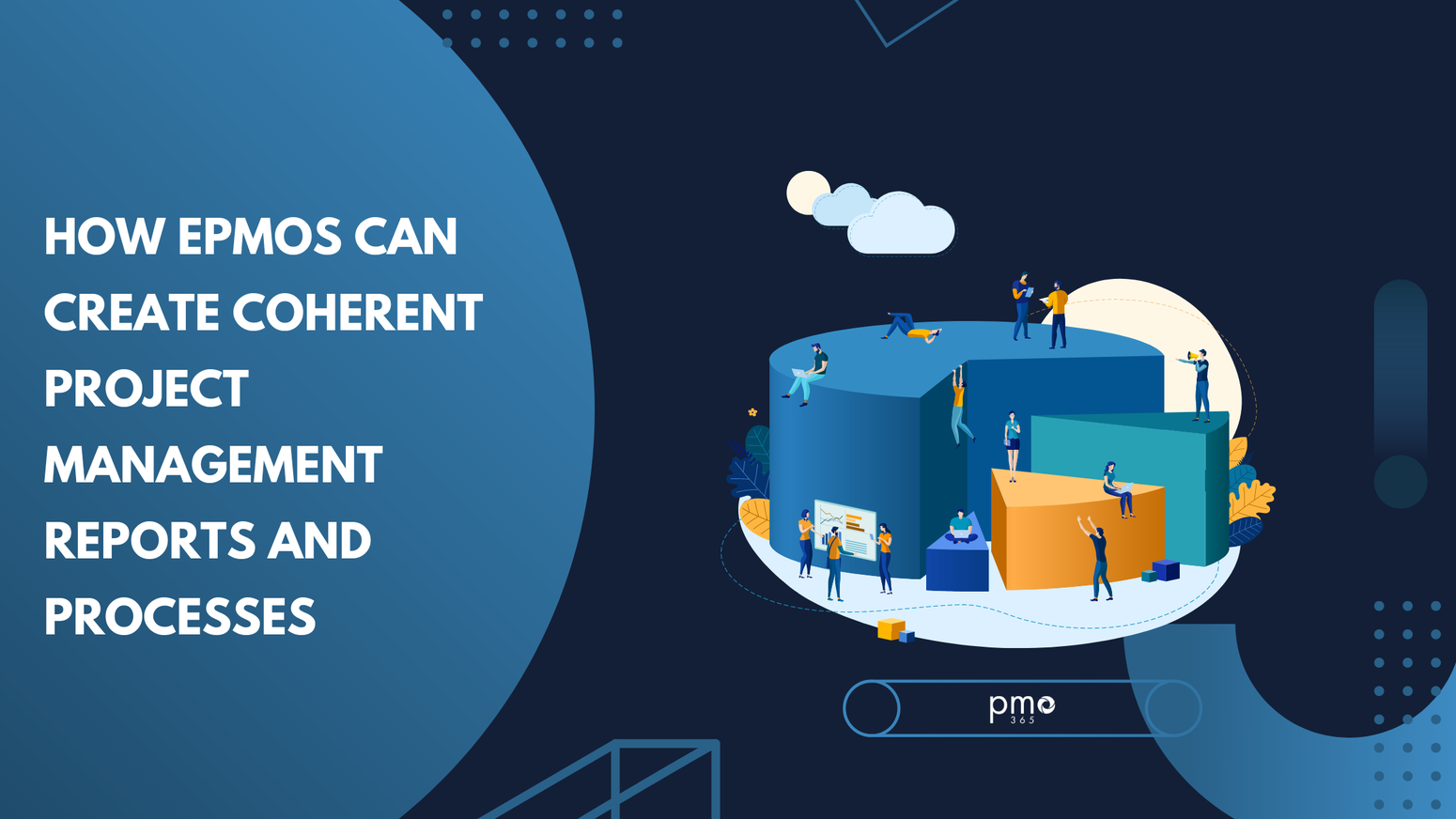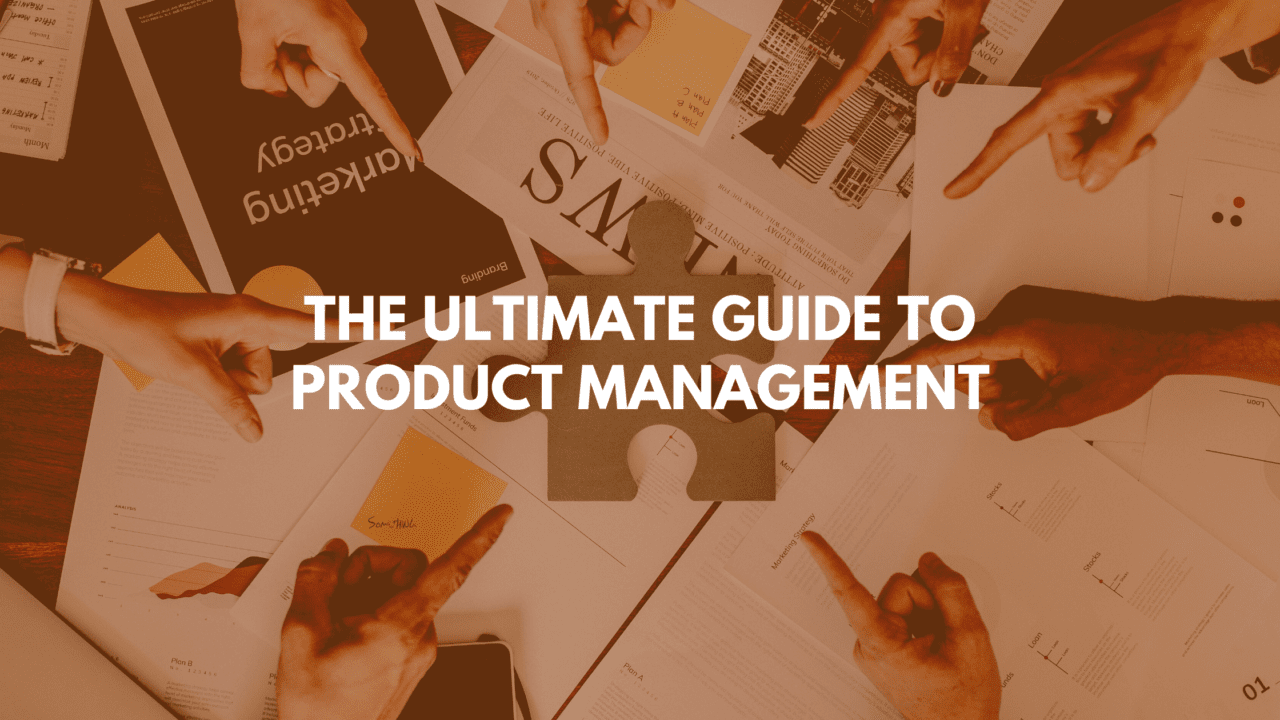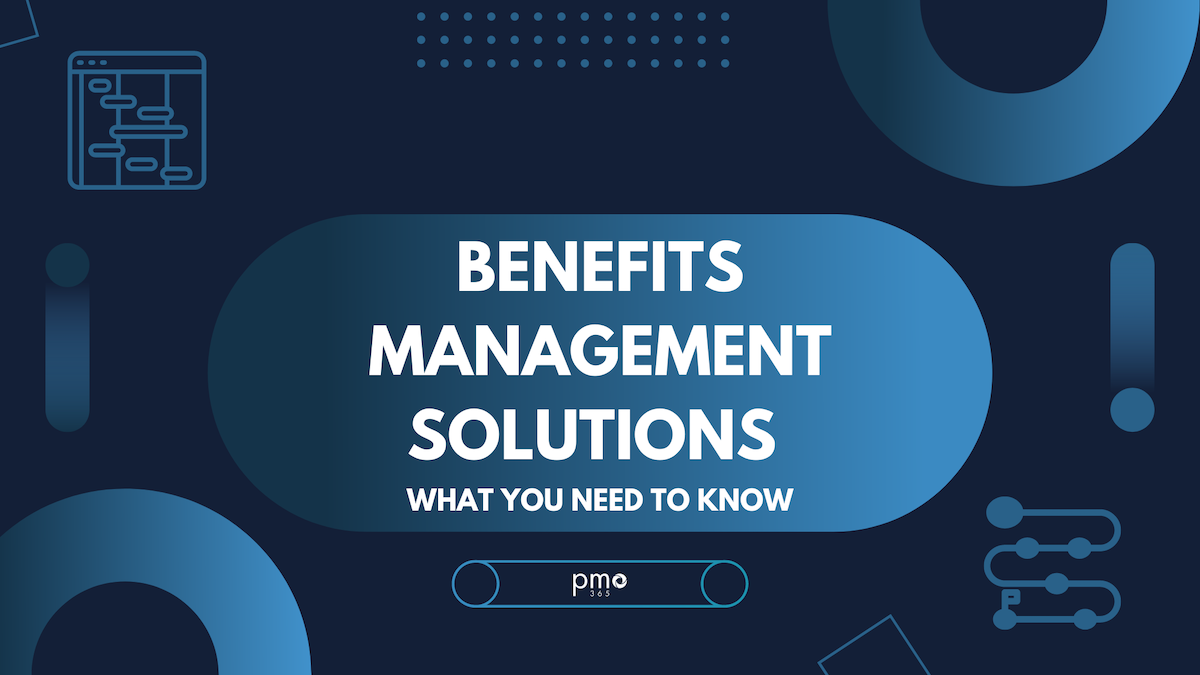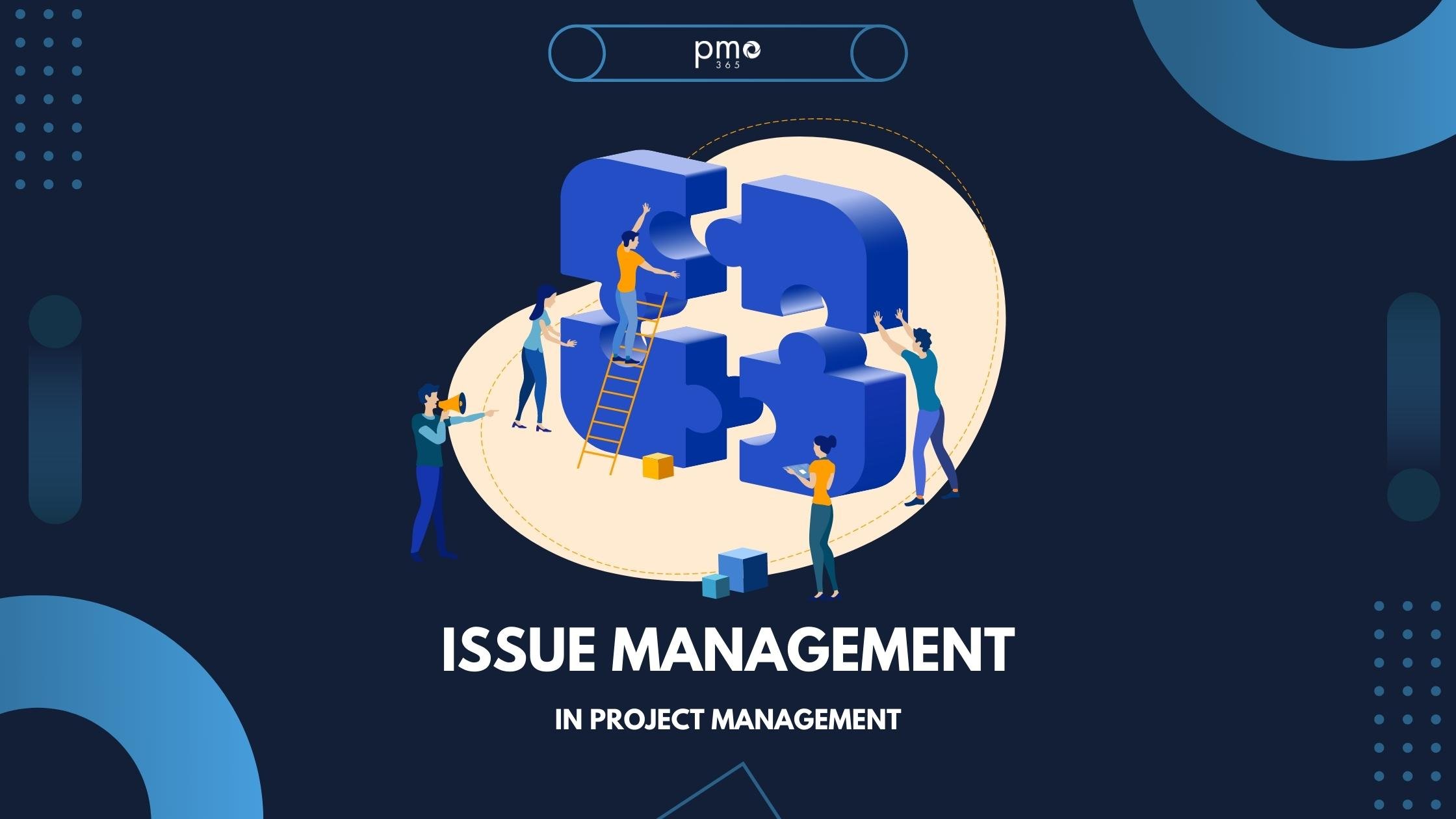The EPMO plays a critical role in an organisation, and relies on a strong manager to function at its best. So how do you spot a great EPMO manager? This is our guide to help you find the best EPMO Manager. We’ll outline the different types of EPMO managers, and how to apply the EPMO manager competency framework. Then we’ll highlight the most necessary skills for a successful EPMO manager.
The EPMO: A Critical Piece to Business Success
It is becoming more apparent than ever that PMOs play a critical role in business success. The PMO is essential for optimising processes, making practices consistent, and aligning strategic objectives. A PMI report suggesting they are able to add three times more value to organisations than low-performing PMOs. EPMOs, or Enterprise Project Management Offices, specifically are on the rise. Gartner predicts that 50% of large organisations will have EPMO hubs by 2021.
PMI report suggests that there are three main factors that differentiate normal PMOs from high-performing PMOs. First, is their ability to create efficiencies that drive organisational change. Then, their ability to employ project and portfolio management practices strategically. Finally, and perhaps most critically, focus on talent management and improving the role of project management within the organisation. A high-performing EPMO starts from high quality EPMO team members. For more information about setting up an EPMO, read our guide here.
EPMO Manager Competency Framework
As the name suggests, a EPMO manager is tasked with managing and running an EPMO. They oversee the strategic alignment of projects and portfolio activities, establishing and maintaining enterprise governance structures, and performing portfolio management activities.
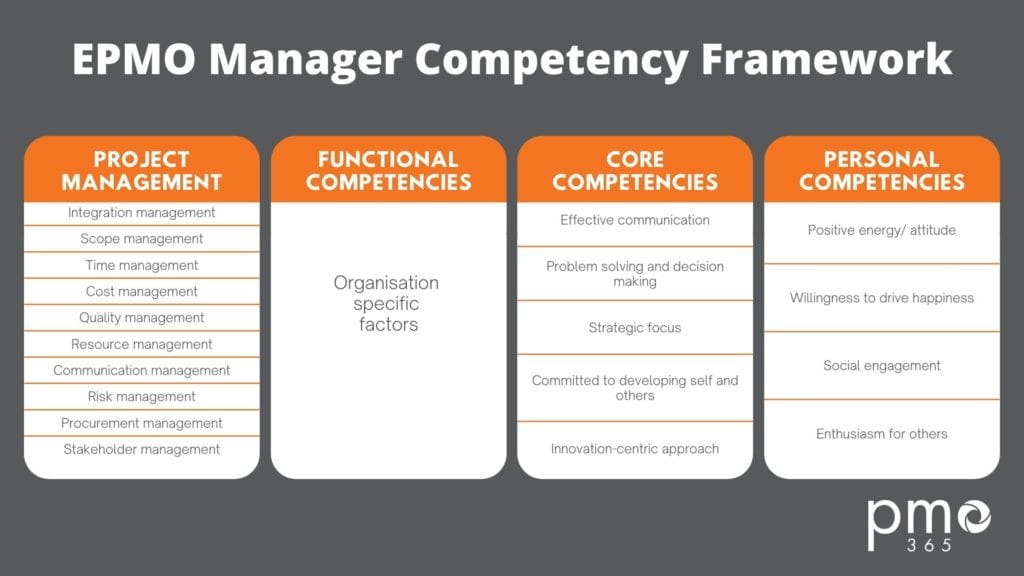
To factor in this range of responsibilities, the PMI have proposed a EPMO manager competency frameworks. They have divided into four competency area:
- Project Management competencies
- Functional competencies
- Core competencies
- Personal competencies
Project Management Competencies
PMBOK identifies 10 core project management knowledge areas:
- Project integration management
- Scope management
- Time management
- Cost management
- Quality management
- Resource management
- Communication management
- Risk management
- Procurement management
- Stakeholder management.
It is important for an EPMO manager to be knowledgeable in all these key areas. This enables them to communicate effectively with on the ground project managers. But they also translate all this data to the executives, and, therefore, inform strategic decision making processes.
Functional Competencies
These competencies are tightly linked to the specific industry or the line of business of the organisation. To drive the strategic objective of organisation, the EPMO manager must have knowledge and expertise within that specific field. With this contextual experience, an EPMO manager can identify key opportunities. In this way, EPMO managers can implement strategies on par or better than industry standards.
Core Competencies
These competencies are closely linked to leadership qualities. Though these are highly dependent on the nature and context of the organisation, there are certain base competencies:
- Effective communication skills
- Problem solving and decision-making skills
- Strategic focus
- Committed to developing self and others
- Innovation-centric approach
Personal Competencies
Great leaders don’t just have great leadership skills. It is often leaders with a positive mindset and behavior that are able to stay motivated and achieve success. Based on these ideas, Faridoon (2014) developed four main behavior competency factors:
- Positive energy/attitude
- Their willingness to drive happiness
- Social engagement
- Enthusiasm for others
EPMO managers are constantly working with people across the entire organisation. As a result, they are most effective when they engender a sense of integrity, trust, and trustworthiness. This, in turn, creates an organisational support in the EPMO and its credibility.
What are the most in-demand EPMO Manager skills?
Though PMO managers and EPMO managers may have overlaps, these are the most in-demand skills for EPMO managers specifically.
Stakeholder Engagement and Management
As the strategic hub of the organisation, the EPMO is constantly engaging and collaborating with a wide range of stakeholders. Your EPMO manager will need to identify key stakeholders, determine their needs, and then communicate reasonable expectations. This will allow them to mitigate any ongoing issues in the most effective way- a critical task for an EPMO manager.
Portfolio Analysis Skills
The EPMO manager must maintain an accurate understanding of the condition of the organisation’s portfolio(s). This skill is critical for the EPMO agile and successful. You cannot rely on PPM software alone. While some PPM software tools like pmo365’s portfolio analysis tool can calculate complex Monte Carlo simulations and predictive analysis tools, the data is meaningless if you cannot derive value from it. Great EPMO managers will convert these high quality insights and analysis into value-adding actions. That skill will ensure that projects’ contribute the organisation’s strategic objectives.
Business Management and Processes Knowledge
EPMO Managers must spearhead project process changes and business process changes. Thus, EPMO managers will need to understand the ins-and-outs of an organisation. This skill helps them identify the most problematic processes that require improvement, taking into consideration the broader organisational context. In addition, EPMO managers who have an understanding of general management practices can implement emerging practices into their organisation effectively.
Project Management Skills
Even with a more strategic and high level focus, EPMOs still handle a lot of general PMO tasks. These include maintaining project governance structures, optimising resources, scheduling management, streamlining reporting tasks, and improving project-related practices. Successful EPMO managers know how to be a good project manager and what environments they need to flourish.
Leadership and Communication Skills
Being a successful EPMO manager is more than just numbers and analytics. Some argue that soft skills are equally, and sometimes even more, important than technical skills alone. One of the most critical tasks of an EPMO manager is getting buy-in from all members of the organisations. EPMO managers need the leadership skills and integrity needed to lead enterprise-wide initiatives. This ensures teams are more likely to fully support and invest in the EPMO’s activities.
Coordinating initiatives across the entire enterprise requires effective communication. An effective communicator is able to relay information clearly, concisely, and effectively to the necessary parties. They make sure to not only talk, but to properly listen. Ensure that the EPMO manager you hire can effectively communicate.
Start building up your EPMO dream team with pmo365
If you are a EPMO leader looking for way to take your team to the next level, chat directly with our PPM experts and find out how pmo365 can elevate your PPM activities



